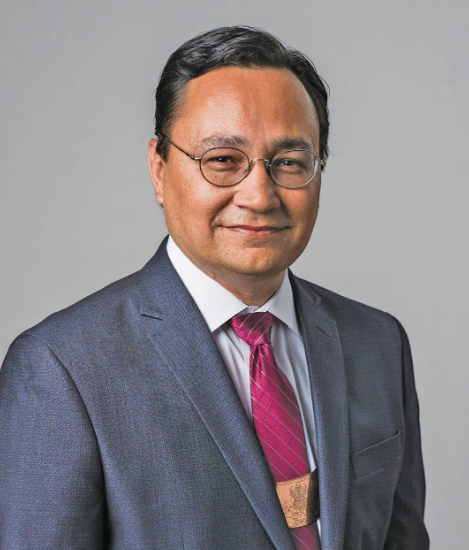Preserving Cherokee Culture and Values Through Community Development

Guest Opinion. The beating heart of Cherokee culture is when we can interact face to face with other Cherokees, appreciating and learning from each other across generations. Cherokee Nation is devoted to keeping this culture alive, in part by making significant investments in rural community centers. The recent grand openings of new community centers in Marble City in Sequoyah County and Kenwood in Delaware County are cornerstones in our renewed effort to support Cherokee families where they live and work.
This week, we celebrated Kenwood’s grand opening of the Woody Hair Community Center. The sprawling 33,000-square-foot facility is designed to serve a variety of needs for the nearly 26,000 Cherokee citizens living nearby, from Cherokee elders to our youngest citizens. The $21 million building will be a gathering point and source of unity and pride for the community going forward, housing an elder nutrition program, a Head Start child care facility, areas for traditional games and more.
In Kenwood, we’ve also worked to expand Wi-Fi and internet access, so that Cherokees can stay close to their family and community while still participating in the wider world. Our successful collaboration with AT&T is empowering young students to study from home, elders to see a doctor remotely, and small business owners to take orders online. Kenwood is only the start, as we have identified 15 more areas across the 7,000-square-mile Cherokee Nation Reservation to enhance connectivity.

Similarly, the Marble City Community Center, which opened its doors in late May, stands as a testament to our infrastructure improvement strategy throughout the 14 counties we call home. The $10 million, 22,800-square-foot facility now includes a clothing resource center, a food pantry, wellness spaces, teaching areas, new playground equipment and a basketball court. These amenities will support both the physical and cultural health of Sequoyah County and provide valuable space for Cherokee fellowship.
The new centers are beacons of hope. They offer safe, beautiful and permanent spaces where the community can come together. By investing in these rural areas, the Cherokee Nation is not only improving the quality of life for Cherokees for the next several generations, but also protecting the continuity of Cherokee culture and values found in these close-knit communities. These are communities that many people have forgotten, but the Cherokee Nation never will.
Working together with Deputy Chief Bryan Warner, along with the Council of the Cherokee Nation, we have shown the state and the country a powerful example of how Cherokee Nation can uplift our citizens, live out our values and build a prosperous future. These centers are more than just buildings. They will be the heart and soul of traditional Cherokee communities.
Chuck Hoskin, Jr. is the pincipal chief of the Cherokee Nation.
